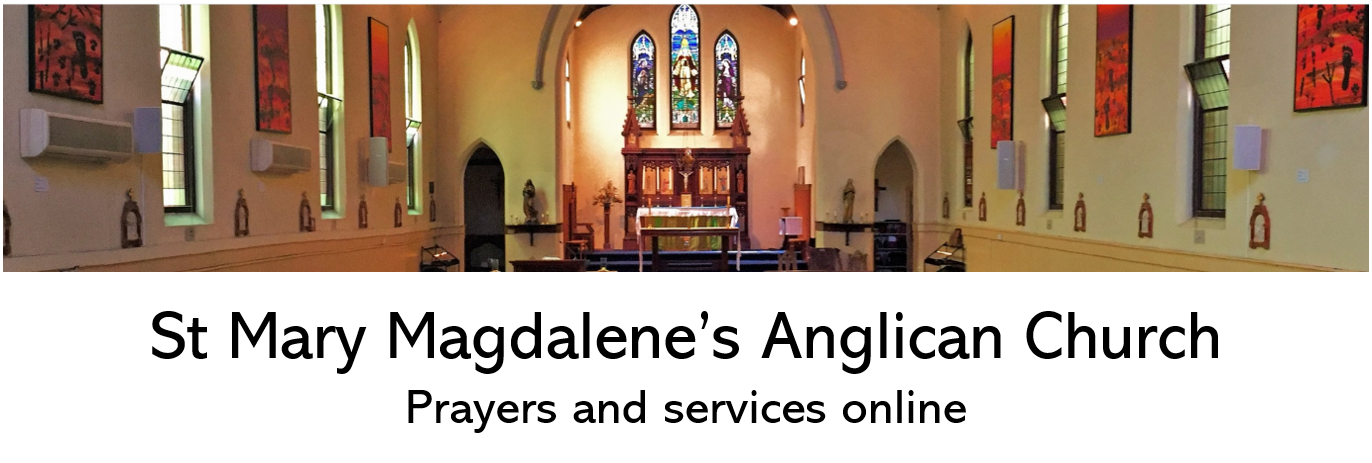God is a cherishing presence that sets us free
Edward Schillebeeckx

If God is love, and if the universe is His creation, then for the being of the universe God is totally expended in precarious endeavour, of which the issue, as triumph or as tragedy, has passed from his hands…..God waits upon the response of His creation. He waits as the artist or as the lover waits having given all….Always, for the richness of the creation, God is made poor: and for its fullness God is made empty.
W.H. Vanstone
Image: Bruce Hermann, Quartets No 1, Spring
The most difficult and worthwhile feat of all is to become so rich inside ourselves that we become careless of other forms of wealth and status. This richness, and the stillness out of which it comes, really makes it possible to love others. Our children, our marriage partner, our colleague, our friends, are no longer any kind of threat, and can therefore be given the undivided attention, the absolute concentration, which is only possible in freedom.
Monica Furlong
What’s it like to be cherished?
Can you let God cherish you?
Perhaps this seems too good to be true.
Perhaps it’s not something that comes easily.
Could you imagine Jesus’ inner life, his secret and deep openness and awareness of God?
It may be easier to think of Jesus then as trustworthy –
offering you this possibility of experiencing this cherishing by God
and experiencing the freedom that it brings.



Julian of Norwich says that ‘Our natural will is to have God, and the good will of God is to have us’. She also says that ‘Love is our Lord’s meaning’. And so Love is our meaning to. We are made in God’s image: made for God, and are structured with a capacity for the infinite. Rowan Williams says that ‘God desires us, as if we were God’. As you get in touch with the strength of your desires – for life, for love, for relationships, for meaning, for self-transcendence — begin to marvel at the deep desire of God within us and for us, the desire without which we would not exist.

What to do with this inner wound that is so easily touched and starts bleeding again? It is such a familiar wound. It has been with me for many years. I don’t think this wound – this immense need for affection, and this immense fear of rejection – will ever go away. It is there to stay, but maybe for a good reason. Perhaps it is the gateway to my salvation, a door to glory, and a passage to freedom.
Henri Nouwen
Image: Bruce Hermann, By His stripes
I believe that we are adored by the living mystery we dare to call God. I believe that God invites us to take this dear cherishing of us at his word and to live always and every-where in the spirit of it, giving and forgiving along the way so as to divine at long last our own human nature.
Aidan Matthews
The artist represented in this post is Bruce Hermann, an American artist. He speaks of his work in this way.
T. S. Eliot’s Four Quartets is an epic four-part poem — a meditation on human mortality, time, and Christ’s redemptive love. The poem was published initially as separate texts during the years leading up to and during the Second World War.
Bruce Herman responded to Four Quartets from a similar faith commitment to that of the poet, i.e., from a desire to see how faith in Christ can continue to inform works of art … in the 21st century.
Read the artist’s reflections on T.S Eliot’s Four quartets
And hours that go on broken wings,
A thirsty body, a tired heart
And the unchanging ache of things,
If I could make a single song
As lovely and as full of light,
As hushed and brief as a falling star
On a winter night.
– Sara Teasdale
For a printable PDF of the text of this meditation please click on the link below.





1 Comment
Very moving